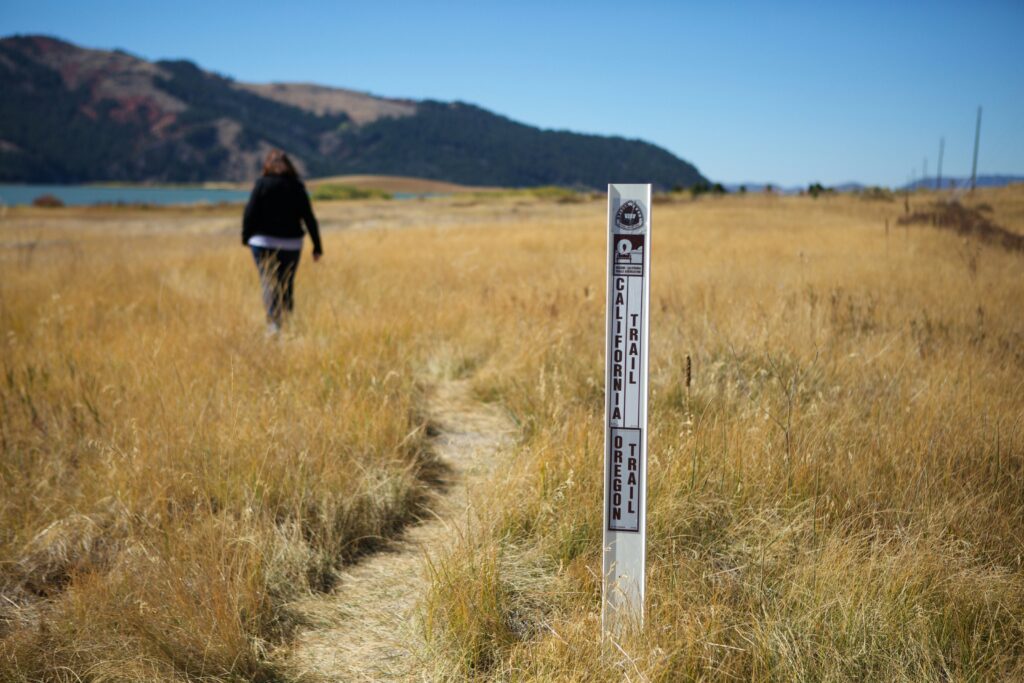RE POST: Five Sales Behaviors that Drive Decision-Makers Away
In my role leading Hoffer Plastics, I’ve been on the receiving end of countless sales approaches — some impressive, many forgettable, and a few downright frustrating. Today, I’m sharing five sales tactics I hope our team never employs — not just because they rarely work, but because they undermine the trust that forms the foundation of meaningful business relationships.
- Offer to pay someone for their time or buy them gifts.
In the last several years, I have been pitched various hourly rates for my time, offered luxurious gift cards, and countless gadgets. People usually write things like, “I know your time is valuable,” or “I know you are busy, so in exchange for your time…” I do not think these people are bad — I know they are just trying to do their job. But to me, this feels a little like bribery — a tactic I don’t want our sales team to use.
Before I move on, let me clarify that “thank you gifts” to customers are an entirely different matter and I am not addressing them here — I am addressing using gifts while cold calling.
- Message people to death on LinkedIn.
If you take one thing away from this post, I hope it is this:
A LinkedIn connection does NOT mean the connection MUST answer your messages.
In reality, excessive messaging actually decreases your chances of getting a response. Here’s a personal insight: if someone messages me more than once without my reply, I ignore them 99% of the time.
Does this make me a jerk? Perhaps. I currently have close to 5,000 connections on LinkedIn. This does not mean I am important, and it certainly does not mean I am cool. It means I have a title and people want to connect because my last name is on our building.
It also means that every single week, I get close to 100 LinkedIn messages. And that isn’t mentioning the hundreds of additional emails, voicemails, and text messages from other channels.
Man, I wish I had been this cool in high school! Maybe I would have been on the homecoming court? Probably not, because I was not that good-looking and definitely was not that cool. Even the “title” would not overcome those factors!
The point is that if I were to reply to all these messages, I would have to ignore my family, direct reports, and business. If I gave everyone 15 minutes, maybe I would be done by the time I was 138 years old? I think you get my drift.
And before we move on to the next point, let me make one thing clear: your message is not the exception to this rule.
- Leave passive aggressive voicemails or emails.
I only get these occasionally. But as you guessed it, they don’t work either.
Just this morning, someone emailed me saying that because I had not responded I must be okay paying more for electricity. Is the implication that I do not care? Or, am I just stupid?
True confidence in your product means letting results speak for themselves. Want my attention? Send a concise PDF case study showing how a company our size benefited from your solution. If it impresses me in the 10 seconds I’ll give it, I’ll forward it to the right person on our team.
(And this goes without saying, but if you email me asking “who the appropriate person is,” you are not using LinkedIn the way it should be used).
- Fail to respond
When we require some kind of service, I have the aforementioned contacts to reach out to. This is when it is time to respond!
Failing to do so is something I hope our sales team never does. It falls on the list of things that keep me up at night.
When I actually need a service, I contact the professionals who’ve shown me respect by not overwhelming my inbox. That’s when responsiveness becomes critical! Any salesperson who fails to answer promptly at this crucial moment loses the opportunity forever. This type of missed connection is precisely what I want our team to avoid — it’s literally what keeps me awake at night.
- Use insincere flattery as a sales technique
Finally, be sincere.
Many people message me on LinkedIn claiming to enjoy my blog before immediately launching into their sales pitch. In contrast, the CEO of a mold building company regularly engages with my content and offers thoughtful feedback without ever trying to sell me anything — and their approach feels genuinely appreciative rather than transactional. By focusing on relationship-building instead of immediate sales, they’re playing the long game — and their company’s value naturally speaks for itself.
And you know what?
We are still quoting molds from them.
We have bought large molds in the past, and will do so in the future.
The best sales relationships aren’t built on persistence or persuasion tactics, but on respect. When we avoid these five behaviors, we demonstrate that we value long-term partnerships over quick transactions. The companies that consistently earn our business aren’t the ones who push hardest; they’re the ones who understand when to step back, listen, and let their value speak for itself.
RE POST: Five Sales Behaviors that Drive Decision-Makers Away Read More »




